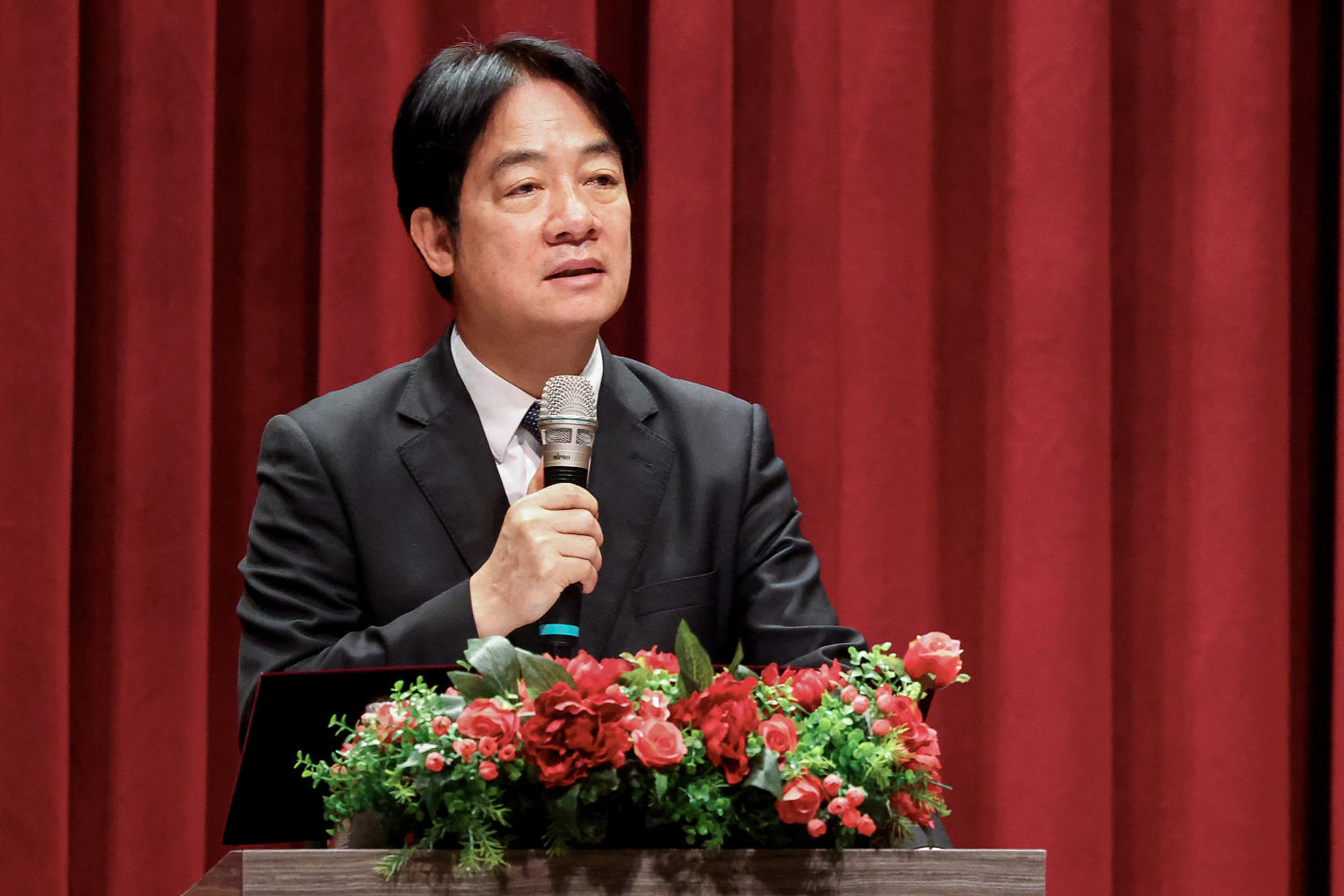No president can fix all of our problems — hold Congress accountable

Once again, the presidential election results have left nearly half of the country feeling left out of power. We are divided between rural and urban, rich and poor, Republicans and Democrats. Power will change hands, but the average voter will remain unrepresented. It’s red, then blue, then red again –– over and over the cycle repeats. The president takes the credit and blame, and Congress hides in the background.
Congress has failed to act on immigration, the debt and our crumbling infrastructure. When the new administration takes office, it will have to deal with internal divisions, rising inflation, and a world on the brink of war. What happens next will determine the future for many average Americans. While many will look to the new president to act on these problems, it’s Congress and the people who must step up.
The imbalance in America started back during the Gilded Age. As innovation blossomed, industrialization, urbanization and immigration grew, reshaping America and its political philosophy. The 1920 Census was the first to record a population over 100 million and the first to record urban populations surpassing rural populations.
These dramatic population shifts triggered significant changes in political power within Congress — many members were concerned with the concentration of power in urban areas. There was debate over whether the Census should count all people or only citizens. Some already believed the House was too large and had opposed increasing its size during the reapportionments of 1890, 1900 and 1910. Adding to the tension, some questioned the accuracy of the 1920 Census, citing the absence of many American men who had served in World War I.
So, for the first time in history, Congress failed to carry out its constitutionally mandated responsibility to reapportion the House. The first attempt to address the issue stalled in committee, while the Senate filibuster defeated the second. By 1929, Congress “resolved” the issue by limiting representation in the House to 435 and delegating apportionment to a bureaucratic authority under executive control.
Since representation was limited in 1929, the population has tripled, while House representation has remained the same.
The expansion of wealth during the Gilded Age had lifted many Americans out of poverty and provided opportunities they otherwise would not have had. However, this increased wealth also increased its influence on the political system.
The first major campaign finance scandal occurred during Teddy Roosevelt’s 1904 campaign. An investigation found that New York Life Insurance Company made a $48,000 contribution to Roosevelt, funneled through an unknown lawyer to the Republican committee and left off the books.
This led to the passing of the first campaign finance law, the Tillman Act of 1907, which prohibited corporations from making financial contributions to federal candidates. However, it failed to quell the influence of wealth over politics. Today, money's influence on politics surrounds our representatives, creating a barrier between them and the working-class citizens who foot the government bill.
The insulation of money and increased district sizes have made it difficult for House members to build strong relationships with their constituents. Without the people’s backing, the decision-making process needed for governing becomes even more burdensome. Fearing losing party support, getting primaried and losing their jobs, many representatives toe the party line and delegate authority to avoid repercussions.
This delegation of authority has increased the power of the president while decreasing the power of the voter.
The average swing voter watches the news, debates at the bar and engages in social media. However, they are only politically active once every four years. Although the average voter may be more politically active, they incorrectly focus most of their attention on the president. To the world, the president is the highest authority because he has the backing of the American people, but to the people, the president is their executive. He (or maybe one day, she) serves the legislature.
To the many Americans out there who feel their screams ignored, ask yourself, are you speaking to the right person? Do you really think the president can hear you? Do you think the president is responsible for your individual interest?
The average voter needs to be more politically active if he or she wants change. The Constitution's first article gives Congress the responsibility to lead. No president will ever be able to represent all of the people. Those concerned with the endless lines of red tape, mountains of debt and inability to write immigration reform and secure our borders should focus their attention on their congressional representative and demand reforms that tackle the problems of representation, incentives and the balance of power.
It’s not an imbalance of wealth that dooms republics; it’s an imbalance of power. We cannot shield ourselves from responsibility. We must hold Congress accountable. Attend local party meetings, meet your representatives, and build relationships. If Congress — and, by extension, the American people — can take up the call for reform, there is hope for a more balanced, truly representative democracy.
Jeff Mayhugh is the founding editor of Politics and Parenting and vice president at No Cap Fund.
Topics
-

Can anyone fix Boeing?
Business - Financial Times - October 25 -

School leaders know fixing problems a marathon, not a sprint
Top stories - BBC News - October 31 -
Losing Chet is a big problem. The fix could be 'small'
Sports - Yahoo Sports - 5 days ago -

Starboard calls for Pfizer board to ‘hold management accountable’
Business - Financial Times - October 22 -
Stackhouse holding newly motivated Warriors defense accountable
Sports - Yahoo Sports - October 31 -
Why is it so hard for tenants to hold their landlords to account?
World - Financial Times - November 7 -

The water industry is in crisis. Can it be fixed?
Top stories - BBC News - October 25 -

No 'external force' can change our future, Taiwan president says on frontline islands
Top stories - NBC News - October 25
More from The Hill
-

Fix the Senate confirmation process, don't steamroll it
Politics - The Hill - 12 minutes ago -

Maher, Shatner tangle over whether Harris was ‘great’ candidate
Politics - The Hill - 13 minutes ago -

Democrats wrestle over role of transgender rights in election
Politics - The Hill - 15 minutes ago -

Republican Eric Hovde concedes in Wisconsin Senate race
Politics - The Hill - 18 minutes ago -

Associated Press cutting staff through buyouts
Politics - The Hill - 26 minutes ago
